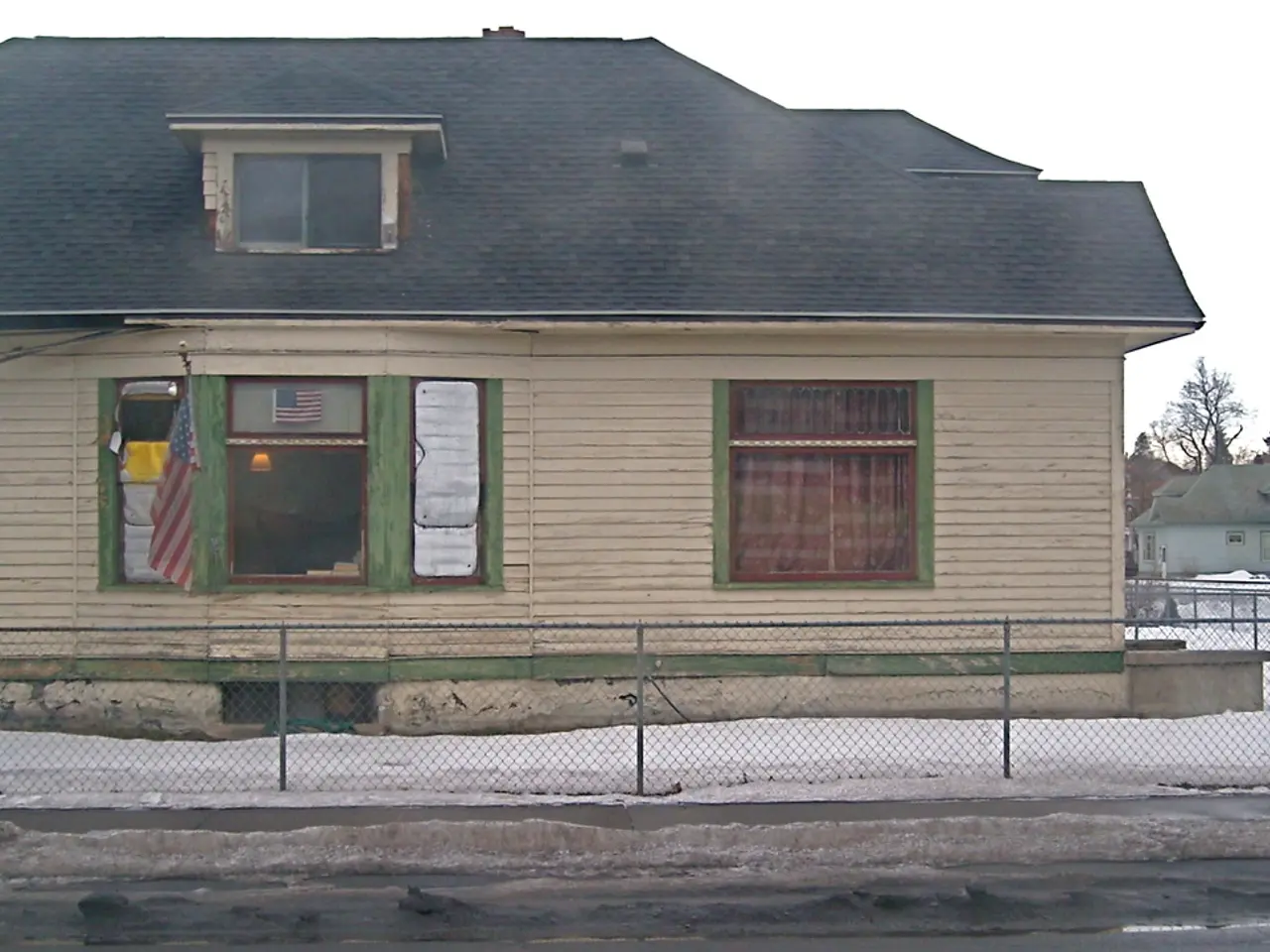Home Remedies, Length of Illness, and Prevention Strategies for the Common Cold
Catching a cold is as common as everyday life, and it's usually not life-threatening, but it can make you feel like a mess. Unfortunately, antibiotics are not the solution since cold is caused by a virus. Here's a roundup of eight home remedies that might help alleviate your woes:
- Gargling – Soothe that sore throat with some good old gargling. There's a variety of recipes to choose from, such as saltwater or warm water mixed with half a teaspoon of lemon juice and a drizzle of honey. Remember, don't scald yourself!
- Hydration – Drinking plenty of fluids keeps dehydration at bay and may thin mucus. Water is the best choice, but juice, tea, and hot soup are also great options. Avoid alcohol as it contributes to dehydration.
- Steam – Heavy nasal congestion and sinus pressure can be temporarily eased by inhaling steam from a hot shower or filling a pot with boiling water, covering it with a towel, and breathing in the steam. Adding a few drops of eucalyptus oil to the water can enhance its effects.
- Correct Blow – Blow your nose correctly to clear the nasal passages more effectively. Block one nostril, gently blow into a tissue, repeat on the other side. Sniffing mucus back up can lead to an earache!
For children, there are additional home remedies that can offer some relief:
- Using a humidifier – A cool mist vaporizer or humidifier can decrease cold symptoms, such as a sore throat, cough, and congestion.
- Saline drops – Saline drops can help promote mucus drainage and clear the nasal cavity. A rubber bulb suction may be useful for young children who have trouble blowing their nose.
- Acetaminophen – Over-the-counter pain relievers like acetaminophen can help treat a fever and sore throat in children over the age of 6 months. Ibuprofen can also be used in children older than 6.
- Honey preparations – Honey has been suggested to decrease nighttime coughs in children. However, babies under 1 should never be given honey due to the risk of botulism.
These remedies might not speed up recovery, but they may help you feel better until the virus has run its course. If symptoms persist for longer than two weeks or become severe, it's best to consult a healthcare professional.
To prevent colds, frequent hand-washing, boosting the immune system, and avoiding sharing germs can decrease the chances of developing the sniffles. And remember, if you have a compromised immune system, taking extra precautions can help you recover more quickly!
- Since gargling can provide relief for a sore throat, consider trying saltwater or a mixture of warm water, lemon juice, and honey to soothe the discomfort.
- To avoid dehydration and potentially thin mucus, drink plenty of fluids like water, juice, tea, or hot soup when dealing with a cold.
- Steam inhalation from a hot shower or a pot filled with boiling water, covered with a towel, can help alleviate heavy nasal congestion or sinus pressure.
- To clear the nasal passages effectively, blow your nose by blocking one nostril, gently blowing into a tissue, and then repeating on the other side.
- Science-backed home remedies for children can include using a humidifier, saline drops, acetaminophen, or honey preparations (for children over 1).
- In the midst of wellness pursuits like health-and-wellness, fitness-and-exercise, and therapies-and-treatments, maintaining a balanced nutrition is crucial for a robust immune system, helping to prevent colds and other illnesses.








